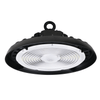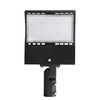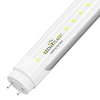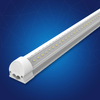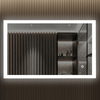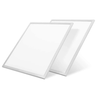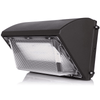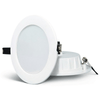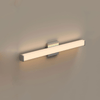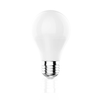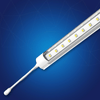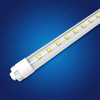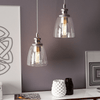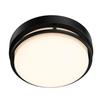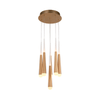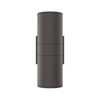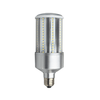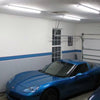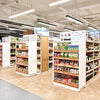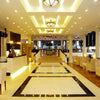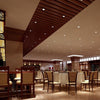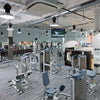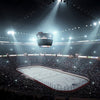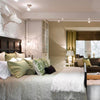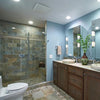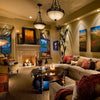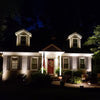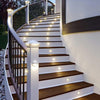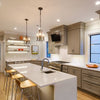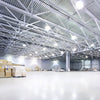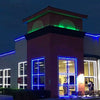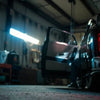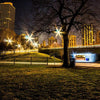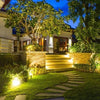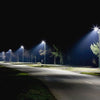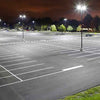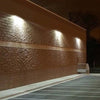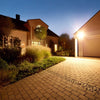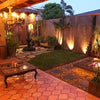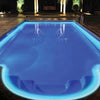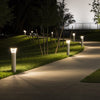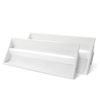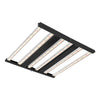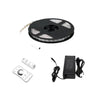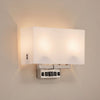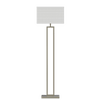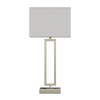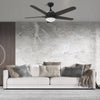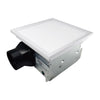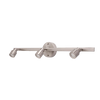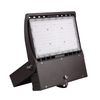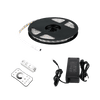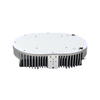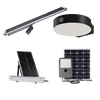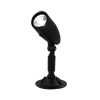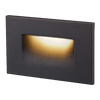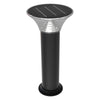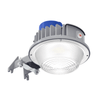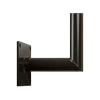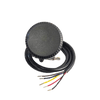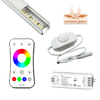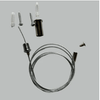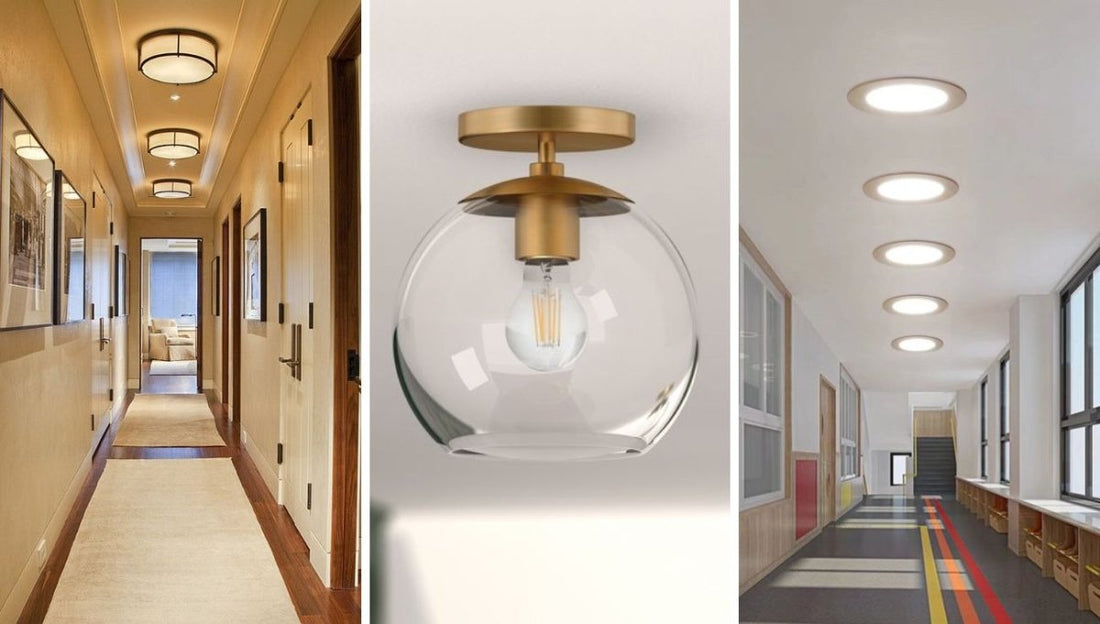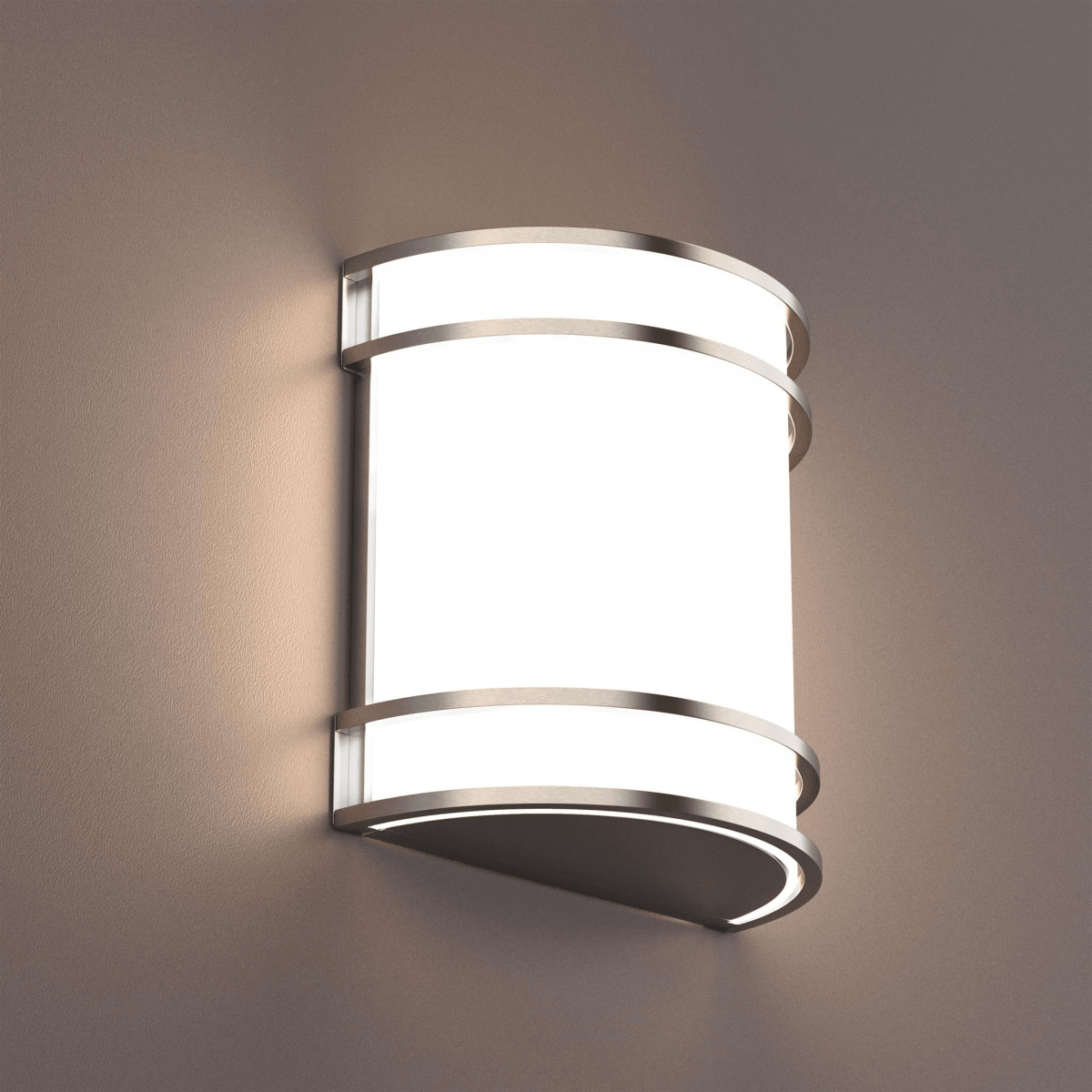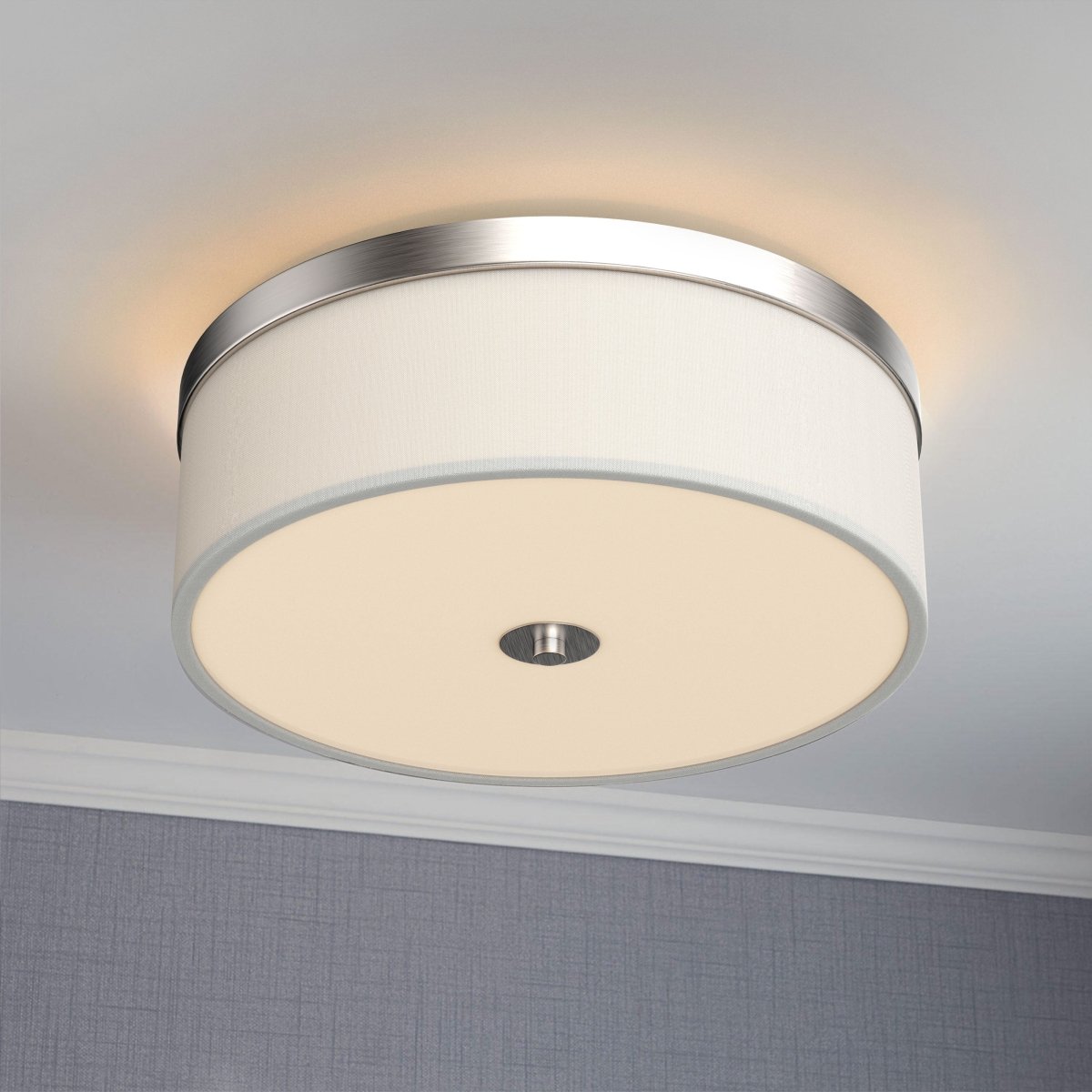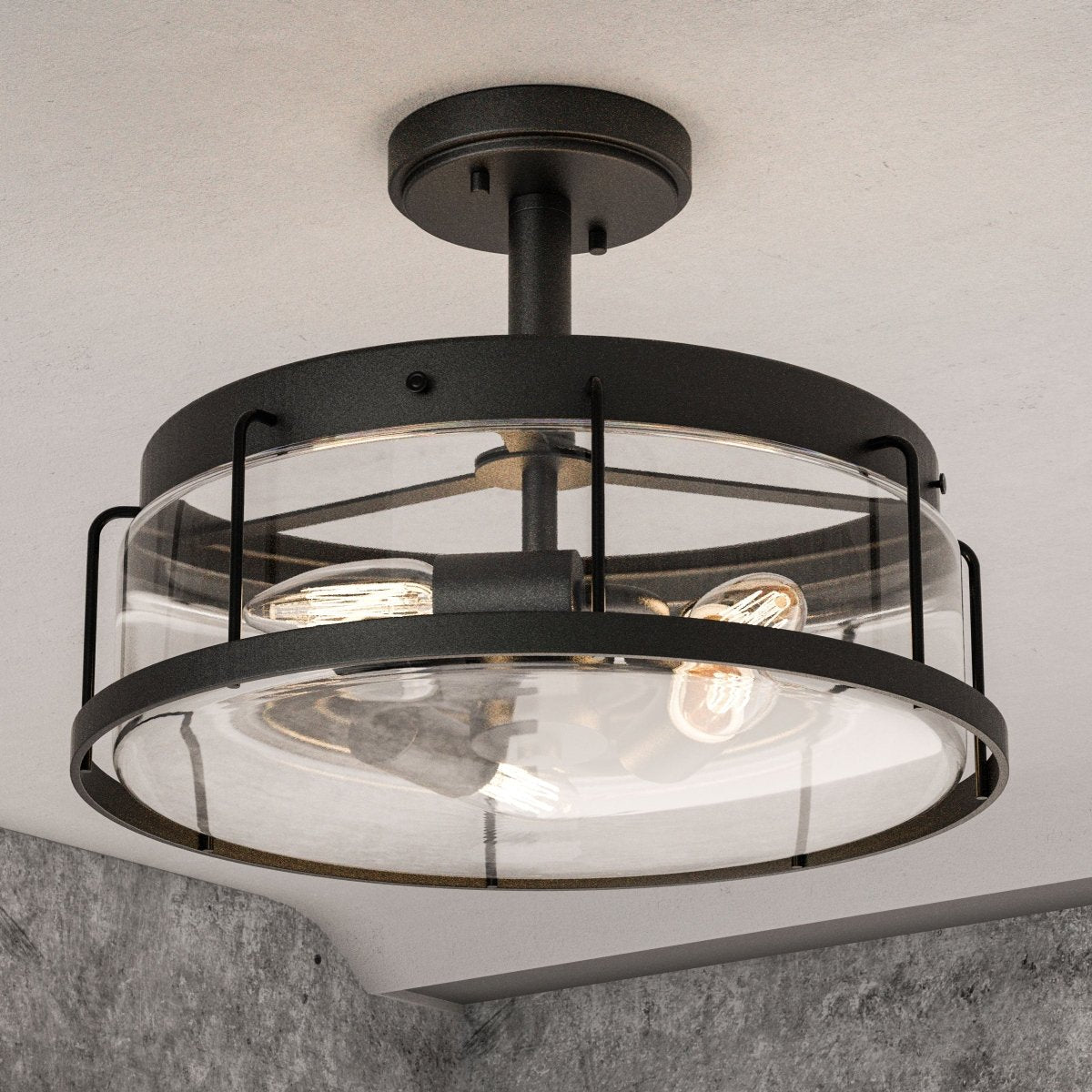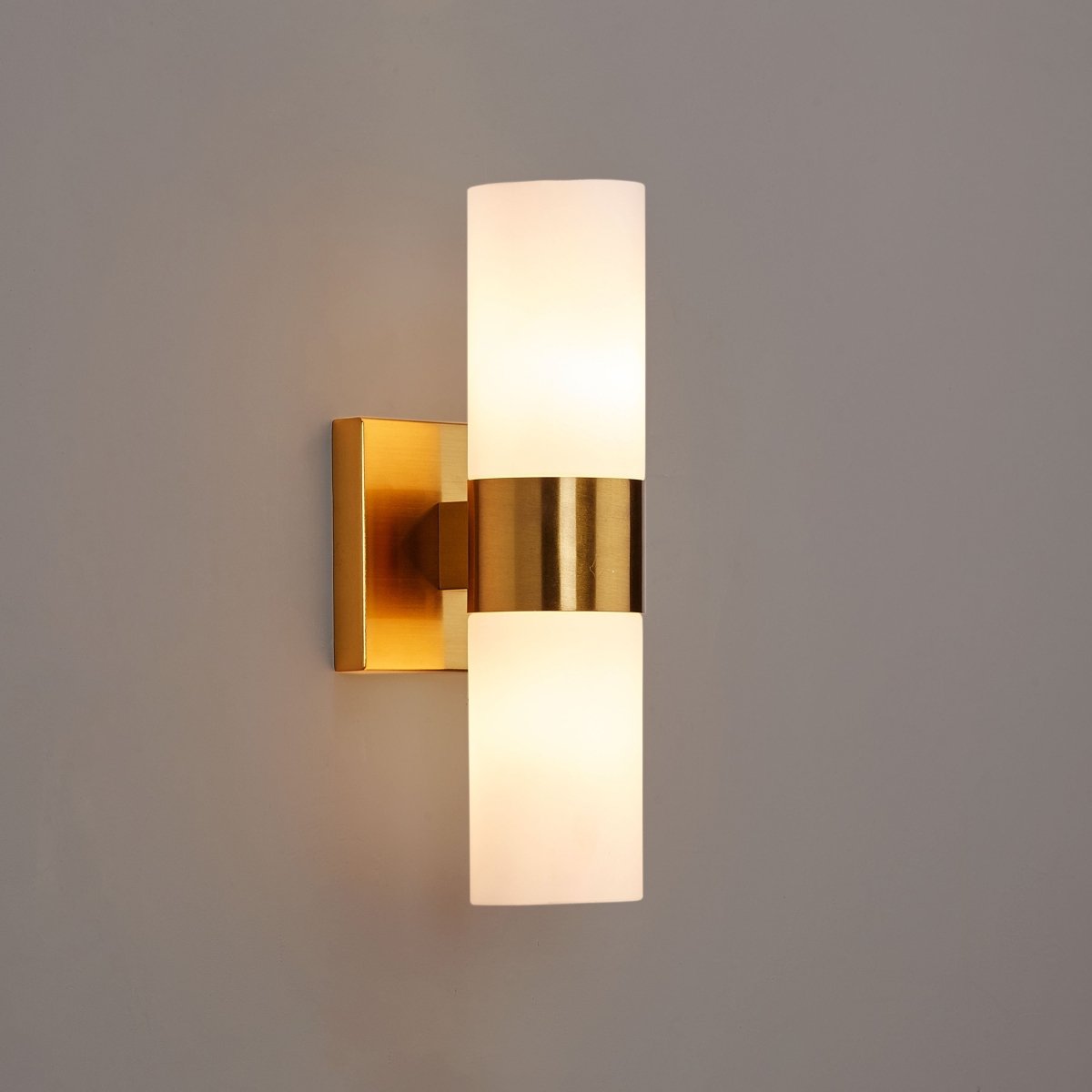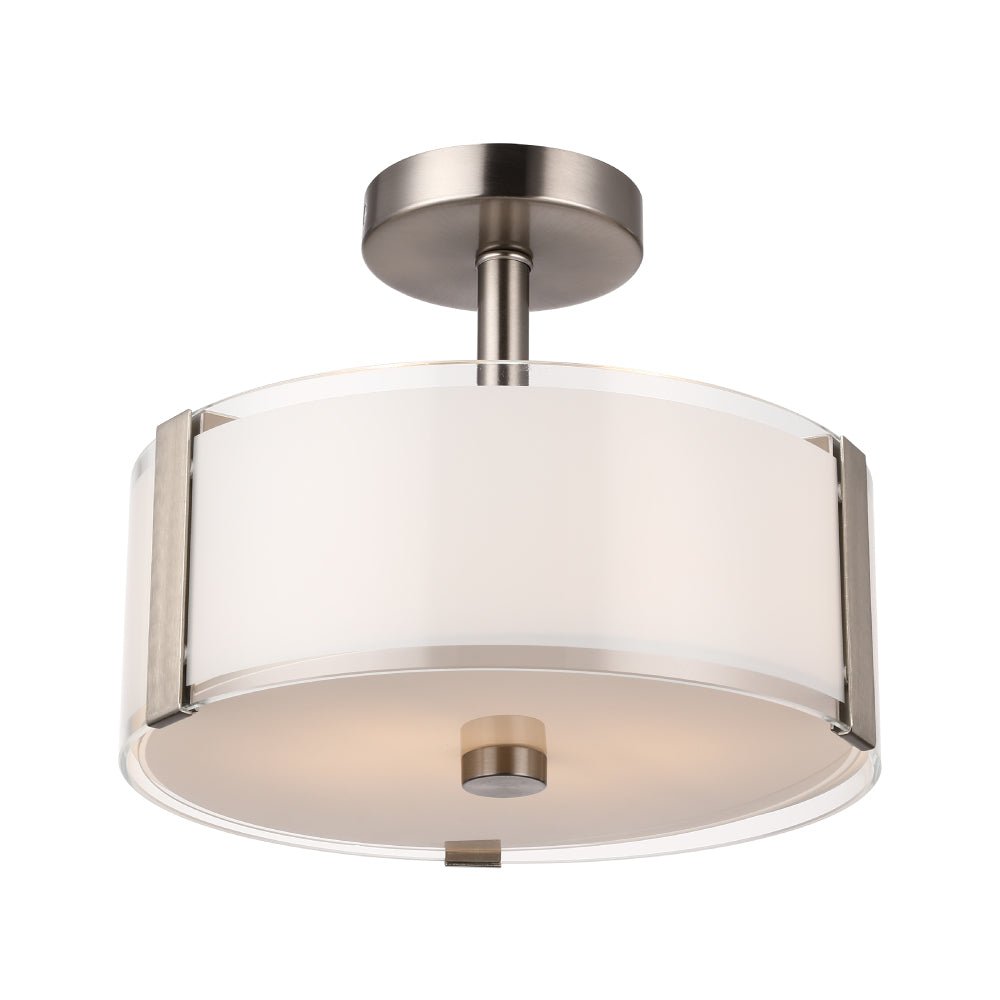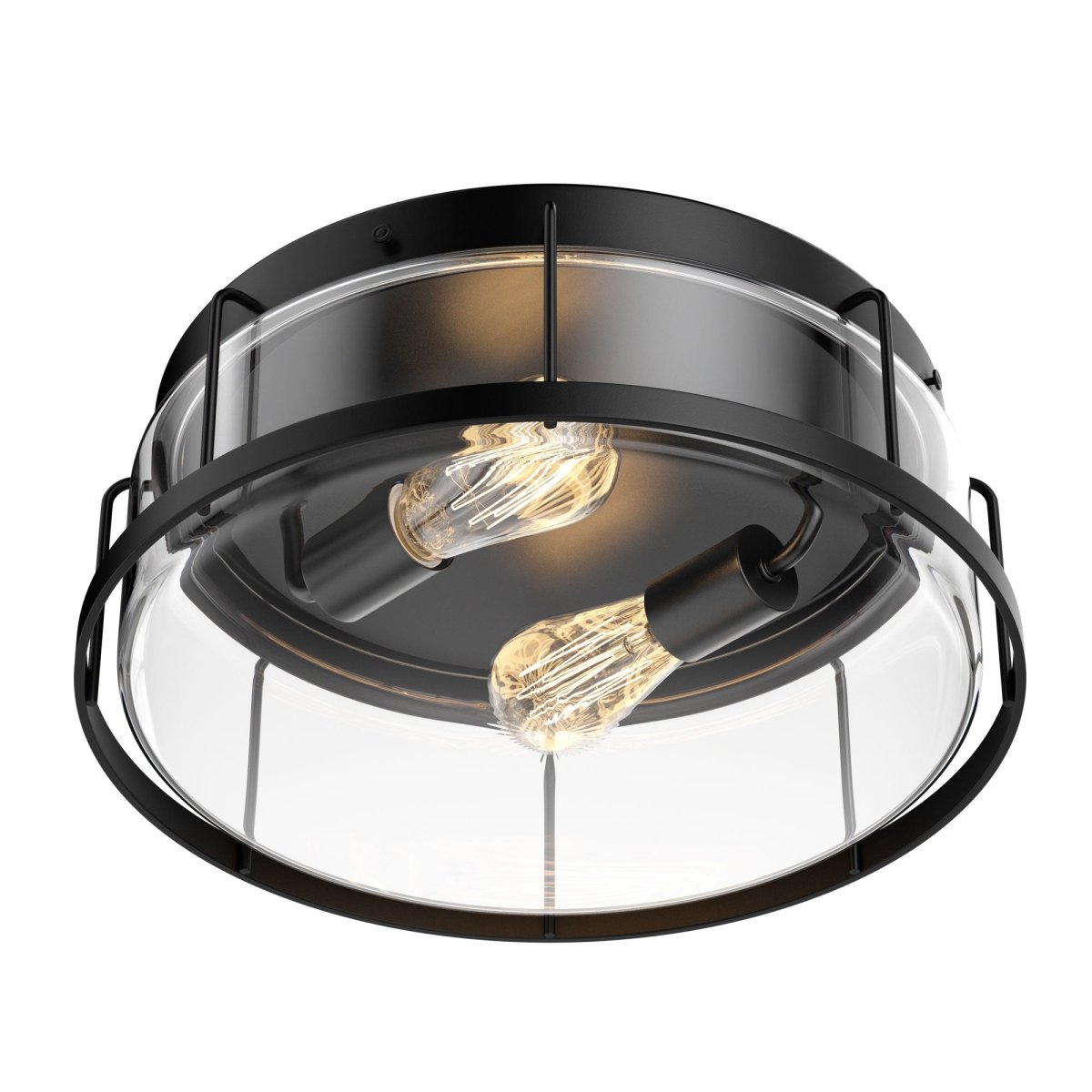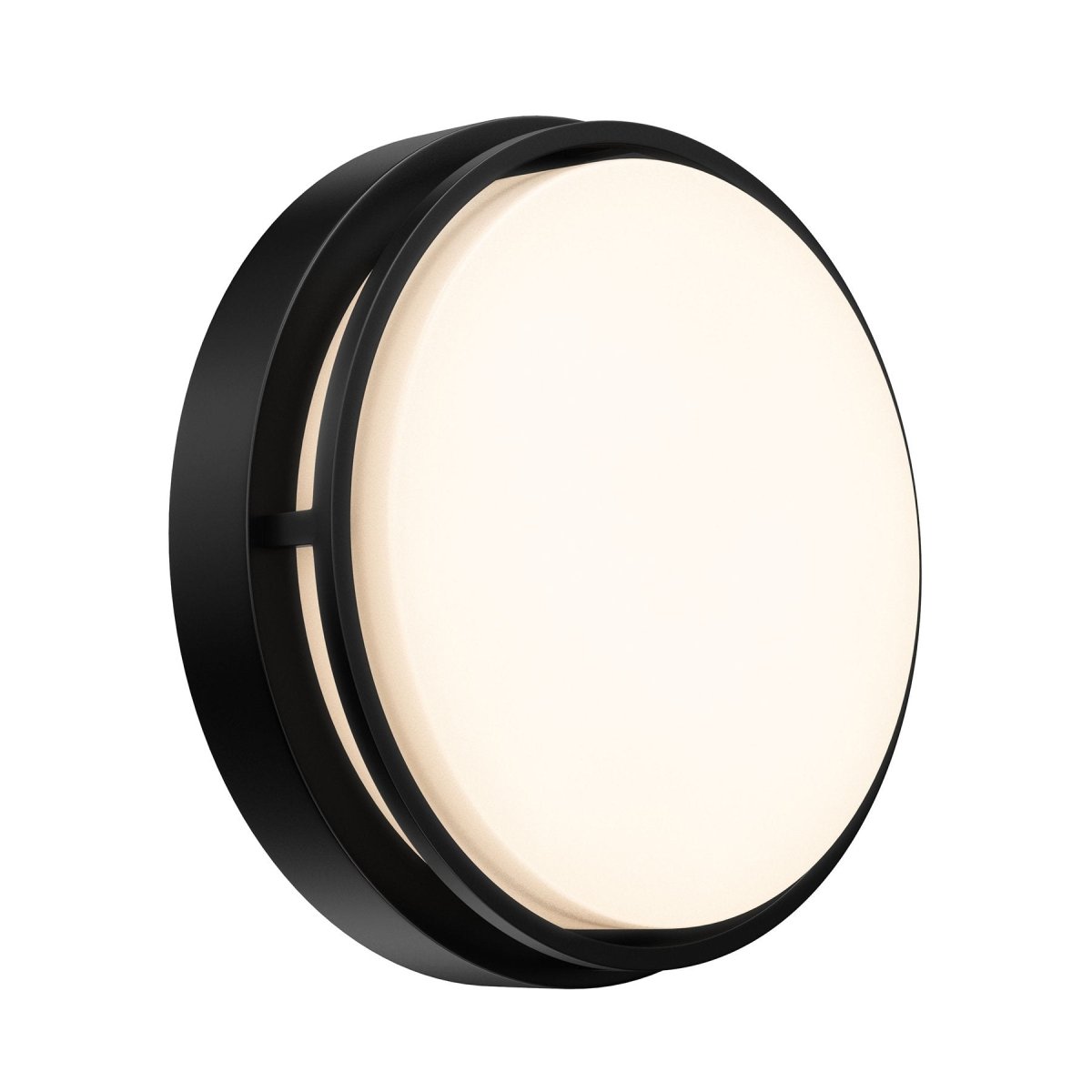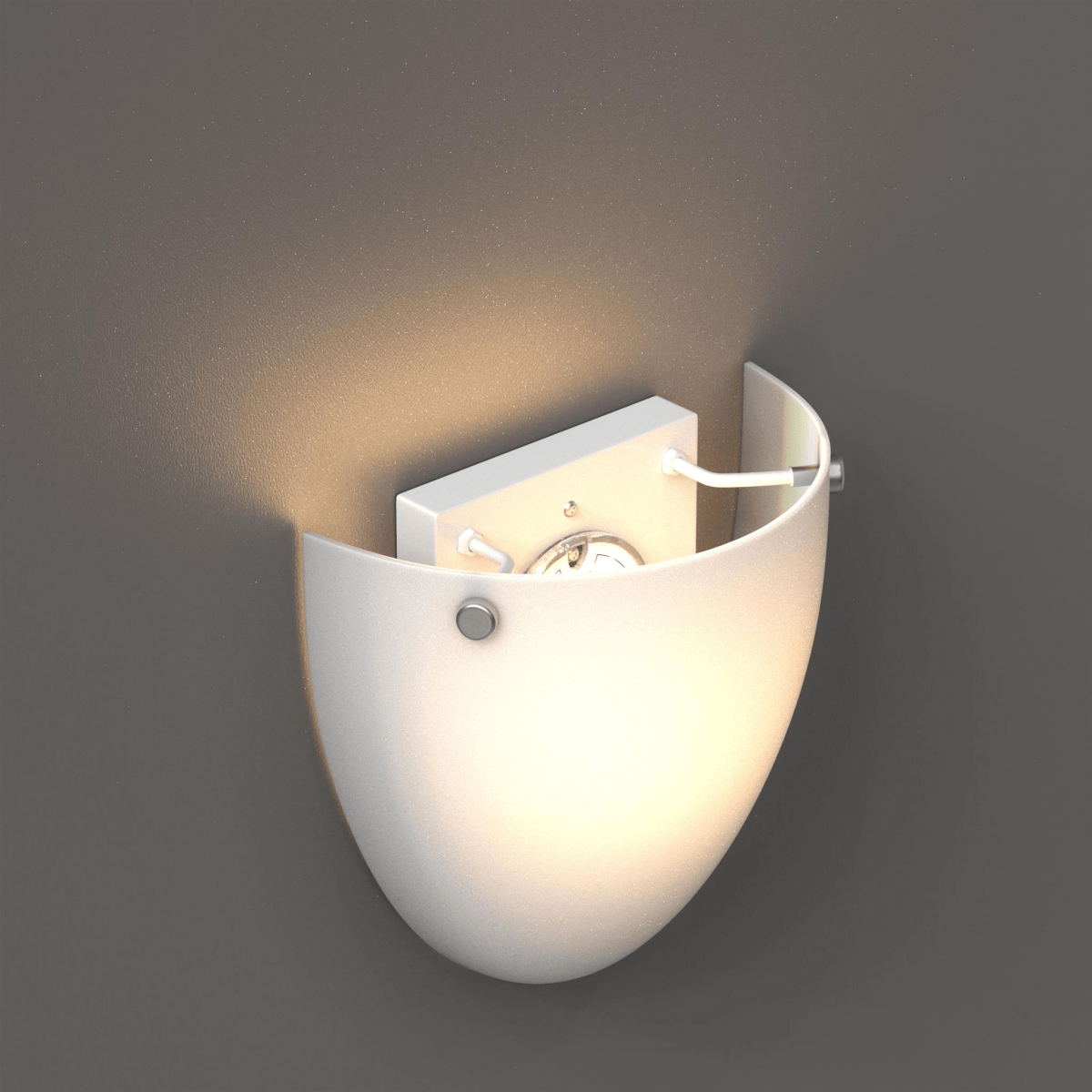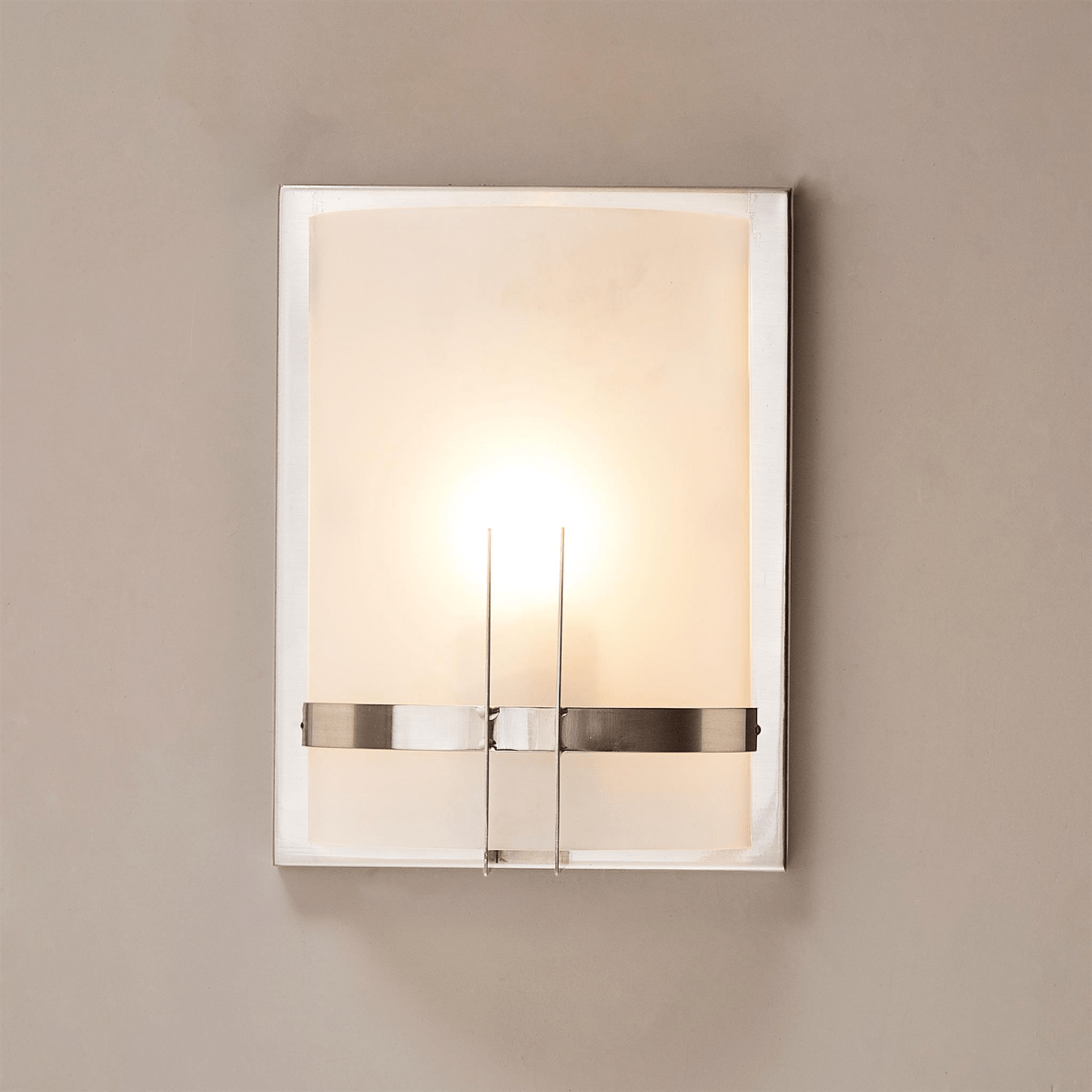Lighting is an essential aspect of home decor that can make or break the ambiance of any room. Hallways, in particular, are often overlooked when it comes to lighting, despite their importance in creating a welcoming entrance to your home. With the right Hallway Light Fixtures, you can transform your hallway into a stunning and inviting space that sets the tone for the rest of your home. In this article, we'll explore some creative and practical ideas for using wall sconces, chandeliers, pendant light fixtures, recessed lighting, and flush mount ceiling lights in your hallway.
Why Good Lighting Matters in Hallways
Hallways are often the first impression visitors have of your home. A well-lit hallway can make a small space appear larger, and a dimly lit one can create an unwelcoming atmosphere. Good lighting also serves a practical purpose in hallways, providing adequate visibility for safety and ease of movement. By choosing the right light fixtures and placement, you can create a bright and inviting space that adds to the overall ambiance of your home.
Choosing the Right Wall Sconces
Wall sconces are a popular choice for hallway lighting, as they offer a soft and inviting glow that can make a small space feel cozy and welcoming. When choosing wall sconces, consider the style and decor of your home. Modern and sleek sconces can add a contemporary touch, while ornate and decorative ones can add a touch of elegance and sophistication. For a minimalist look, consider flush mount sconces that are mounted directly on the wall.
Creative Ideas for Chandeliers in Hallways
Chandeliers may not be the first thing that comes to mind when thinking of hallway lighting, but they can add a touch of glamour and drama to an otherwise overlooked space. Mini chandeliers are perfect for narrow hallways, adding a touch of sparkle and elegance. For a more modern look, consider a geometric or linear chandelier that complements the decor of your home.
Pendant Light Fixtures for Hallways
Pendant light fixtures are another versatile option for hallway lighting. These hanging fixtures can be used to create a statement piece or add a pop of color to your hallway. For a sleek and modern look, choose pendant lights with metallic finishes or minimalist designs. Alternatively, you can add a touch of whimsy and personality with unique pendant lights that reflect your personal style.
Practical Uses for Recessed Lighting
Recessed lighting is a practical and unobtrusive choice for hallway lighting. These fixtures are installed directly into the ceiling, creating a seamless look that doesn't take up valuable space. Recessed lighting can also be used to highlight artwork or architectural details in your hallway.
Flush Mount Ceiling Lights for Low Ceilings
If you have a low ceiling in your hallway, flush mount ceiling lights are a practical and stylish choice. These fixtures sit flush against the ceiling, creating a streamlined look that doesn't take up valuable headroom. You can choose from a variety of styles, from minimalist designs to more ornate and decorative ones.
Adding Accent Lighting for Visual Interest
To add visual interest and depth to your hallway, consider adding accent lighting. This can be achieved with the use of spotlights, uplights, or wall-mounted fixtures that highlight artwork, plants, or architectural details. Accent lighting can also be used to create a sense of depth and dimension in a narrow hallway.
Choosing the Right Bulbs
When choosing bulbs for your hallway light fixtures, consider the color temperature and brightness. Warm white bulbs (2700K-3000K) are best for creating a cozy and inviting atmosphere, while cool white bulbs (3500K-4100K) are better for task lighting
and creating a brighter, more energetic feel. For a hallway, a brightness level of around 800 lumens is recommended, but this can vary depending on the size and layout of your space.
Placement and Installation Tips
When installing hallway light fixtures, it's important to consider the placement and spacing to ensure adequate lighting and create a cohesive look. As a general rule, wall sconces should be installed at eye level, while pendant lights and chandeliers should hang at least 7 feet from the floor. If you have a long hallway, consider using multiple fixtures spaced evenly to create a sense of balance and symmetry.
Conclusion
With the right hallway light fixtures, you can create a welcoming and inviting entrance to your home that sets the tone for the rest of your space. From wall sconces to chandeliers, pendant lights, recessed lighting, and flush mount ceiling lights, there are countless options to choose from that can complement your personal style and home decor. By considering the placement, installation, and bulb selection, you can create a bright and beautiful hallway that adds value and functionality to your home.
FAQs
- What are the best types of light fixtures for a small hallway?
- Wall sconces and flush mount ceiling lights are great options for small hallways, as they provide adequate lighting without taking up valuable space.
- Can I mix and match different types of light fixtures in my hallway?
- Yes, you can mix and match different types of light fixtures to create a unique and personalized look. Just be sure to consider the overall style and decor of your home to ensure a cohesive look.
- How can I create a sense of depth in a narrow hallway?
- Accent lighting, such as spotlights or uplights, can be used to create a sense of depth and dimension in a narrow hallway.
- What is the ideal brightness level for hallway light fixtures?
- A brightness level of around 800 lumens is recommended for hallway light fixtures, but this can vary depending on the size and layout of your space.
- Can I install hallway light fixtures myself, or should I hire a professional?
- While some light fixtures can be installed by a DIYer, it's always a good idea to consult a professional electrician for more complex installations to ensure safety and proper wiring.





